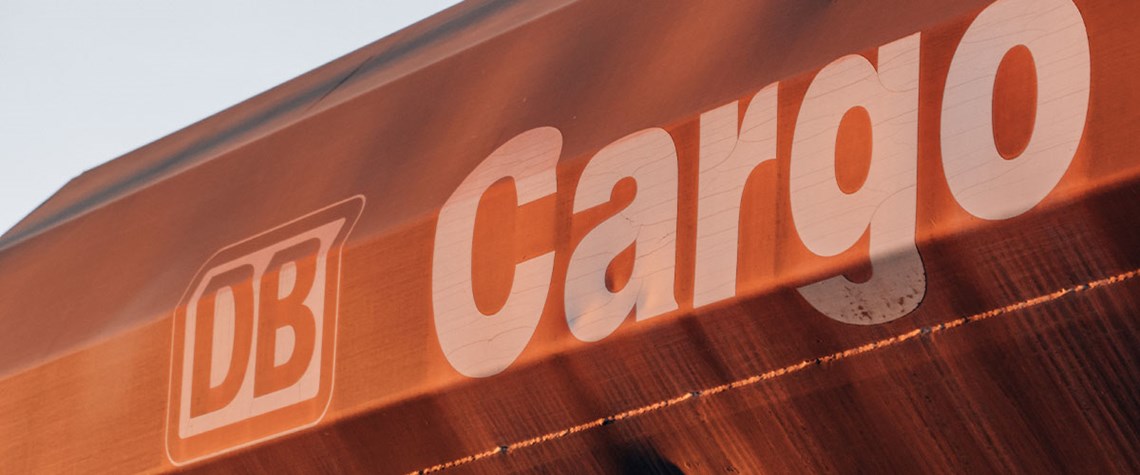Deutsche Bahn eyes role as hydrogen transporter
German national rail company aims to use existing chemical tank wagons to move ammonia from ports to industrial demand centres
German state-owned railway company Deutsche Bahn (DB) is working with the energy industry to develop ways to use its fleet of tank wagons to transport liquid hydrogen derivates, mainly in the form of ammonia, in large volumes from import terminals to industrial demand centres. DB Cargo, the company’s freight arm, would deploy tank wagons already used to transport chemicals to move ammonia around its 35,000km rail network. The plan offers an efficient alternative to hydrogen pipelines, which Germany does not possess, the company says. "We have developed a solution that brings hydrogen easily and efficiently from the ports to consumers in the hinterland, particularly to our industrial custome

Also in this section
26 July 2024
European offtakers and strategic investors start to unlock North African country’s vast potential as a green hydrogen and ammonia supplier
25 July 2024
Investment in 100MW green hydrogen facility in Germany comes as oil major’s wider transition strategy comes under scrutiny
24 July 2024
World’s largest green fertiliser supply agreement puts Villeta project in Paraguay on track for FID later this year
23 July 2024
Awards experience 20% increase in nominations this year, with submissions from 27 countries







